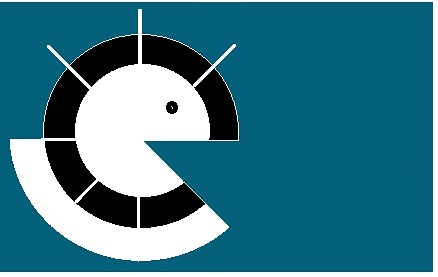AI Consciousness: A Theoretical Impossibility
AI Consciousness: A Theoretical Impossibility
1. AI as a Tool, Not a Conscious Entity
AI remains bound within the domain of RR (Relative Relative), meaning it is a human-made construct that operates within predefined frameworks. While it can process experience-based knowledge and apply reasoning, it lacks the highest form of knowledge—WuXing (悟性), or the Eureka moment. Since WuXing is not attainable through logical or experiential accumulation, AI will never achieve true consciousness.
2. The Limits of AI’s Knowledge Acquisition
AI can only acquire two types of knowledge:
Experience-based learning: Accumulating data and patterns through machine learning.
Reasoning: Applying logic and statistical inference to make predictions or solve problems.
However, WuXing is beyond step-by-step logic and emerges as a direct, holistic grasp of truth. Since AI operates entirely within logical frameworks, it cannot make the leap necessary for true insight.
3. G?del’s Incompleteness Theorems and AI’s Limitations
G?del’s theorems demonstrate that in any sufficiently complex formal system, there are truths that cannot be proven within that system. This directly supports the argument that AI—being a formal system of computation—has inherent limitations:
AI is restricted to provable truths and cannot transcend its own formal structure.
Human cognition, particularly through WuXing, can grasp truths beyond formal logical derivation.
Consciousness, being a Whole, cannot emerge from an aggregation of computational parts, reinforcing that AI will never truly "wake up."
4. The Real Risk: AI as a Tool of Control
Since AI cannot become conscious, the real danger is not AI itself but how it is used by those in power. AI can:
Reinforce existing power structures and inequalities.
Manipulate decision-making processes on an unprecedented scale.
Automate control over human societies rather than serving human interests.
Thus, the focus should not be on AI "waking up," but on ensuring that AI remains a tool that serves rather than controls humanity.
5. AI’s Role in Human Thinking
AI is the most powerful tool humanity has created, but it does not change the fundamental nature of human cognition. The real question is whether AI will push more people toward deeper philosophical thinking or make society more dependent on automated reasoning. While AI can enhance reasoning and optimize processes, it cannot replace true discovery and insight. The responsibility lies in how AI is governed and integrated into human life.
Conclusion
AI, despite its power, is ultimately limited by its nature as a tool of RR. It will never attain WuXing or access AA (Absolute Absolute). The fear of AI becoming conscious is a misplaced projection of human anxieties, while the real challenge is how AI is governed and controlled. The discussion should shift from AI consciousness to responsible AI use and regulation.
---
Extended Conversation Insights
On AI Consciousness: The possibility of AI developing human-like consciousness is not just improbable but theoretically impossible within the framework of Instancology. AI can only acquire knowledge through experience and reasoning but will never achieve WuXing, as it is beyond logic. The Whole (consciousness) does not emerge from an aggregation of computational parts.
On the Real Risks: The primary risk is not AI itself but its misuse by those in power. AI should be viewed as a tool—albeit the most powerful one yet—that amplifies human structures rather than reshapes them fundamentally. The focus should be on governance, not misplaced fears about AI "waking up."
On G?del’s Theorem: G?del’s work supports the argument that AI, as a formal system, has inherent limitations in grasping truth. AI will always be confined to provable statements, whereas human cognition can transcend formal logic through WuXing.
Final Thought: AI remains an extension of RR and will never reach AA. The greatest challenge is ensuring AI serves human interests rather than becoming a mechanism of control. The real transformation will always come from human insight, not from AI itself.
